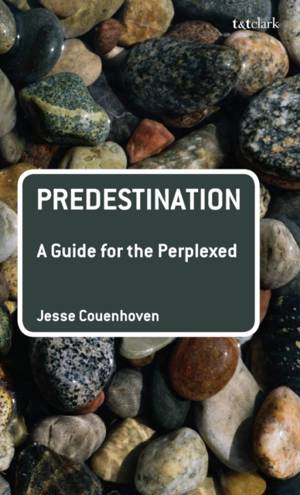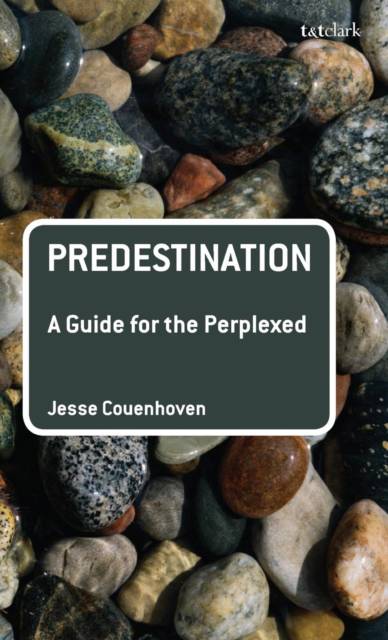
- Afhalen na 1 uur in een winkel met voorraad
- Gratis thuislevering in België vanaf € 30
- Ruim aanbod met 7 miljoen producten
- Afhalen na 1 uur in een winkel met voorraad
- Gratis thuislevering in België vanaf € 30
- Ruim aanbod met 7 miljoen producten
Zoeken
Omschrijving
The concept of predestination has been an essential topic in theology and philosophy since at least the time of St. Augustine. It has also long been one of the most contentious of Christian doctrines. Many theologians and laypersons have found the doctrine a source of great comfort, but many others have found it deeply worrisome. Above all, those who reject predestination have been motivated by concerns about what the doctrine implies about human free will and divine responsibility for evil.
Couenhoven addresses these issues by taking up two main questions: 'what does a doctrine of predestination actually imply?', and 'why has a version of this doctrine nonetheless proved appealing to so many great theologians?' In providing answers to these queries, Couenhoven leads the reader through the thorny issues connected with the Christian understanding of predestination. He analyzes what predestination meant to St. Augustine, Anselm, Aquinas, Luther, Calvin, and Barth, and explains the different ways in which they held together belief in predestination, free will, and God's goodness. Couenhoven concludes that belief in predestination is more defensible than is widely believed.
Couenhoven addresses these issues by taking up two main questions: 'what does a doctrine of predestination actually imply?', and 'why has a version of this doctrine nonetheless proved appealing to so many great theologians?' In providing answers to these queries, Couenhoven leads the reader through the thorny issues connected with the Christian understanding of predestination. He analyzes what predestination meant to St. Augustine, Anselm, Aquinas, Luther, Calvin, and Barth, and explains the different ways in which they held together belief in predestination, free will, and God's goodness. Couenhoven concludes that belief in predestination is more defensible than is widely believed.
Specificaties
Betrokkenen
- Auteur(s):
- Uitgeverij:
Inhoud
- Aantal bladzijden:
- 176
- Taal:
- Engels
- Reeks:
Eigenschappen
- Productcode (EAN):
- 9780567629951
- Verschijningsdatum:
- 23/08/2018
- Uitvoering:
- Hardcover
- Formaat:
- Genaaid
- Afmetingen:
- 140 mm x 216 mm
- Gewicht:
- 390 g

Alleen bij Standaard Boekhandel
+ 390 punten op je klantenkaart van Standaard Boekhandel
Beoordelingen
We publiceren alleen reviews die voldoen aan de voorwaarden voor reviews. Bekijk onze voorwaarden voor reviews.








